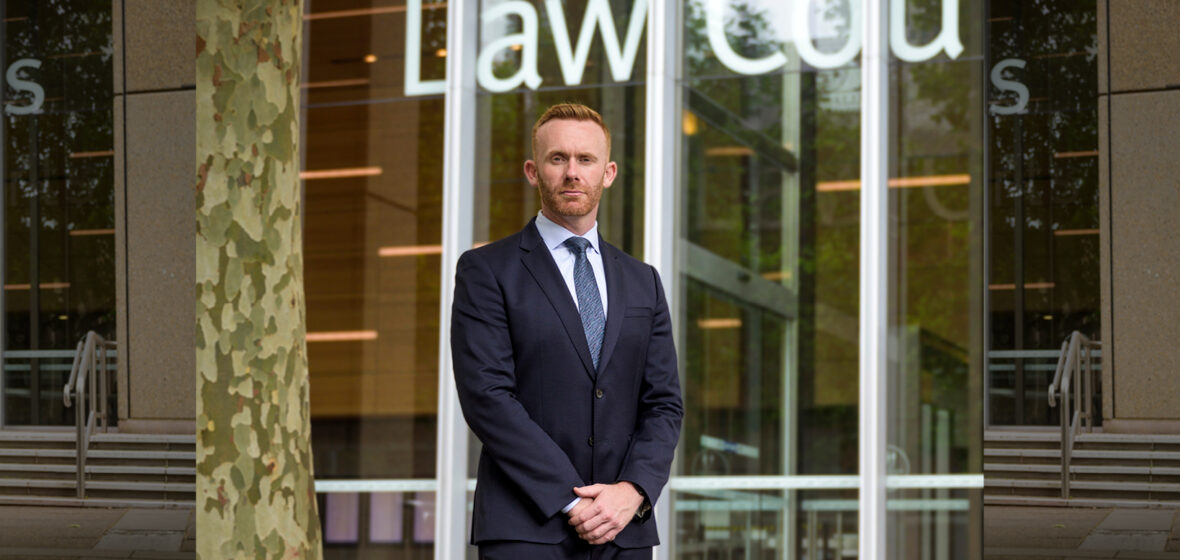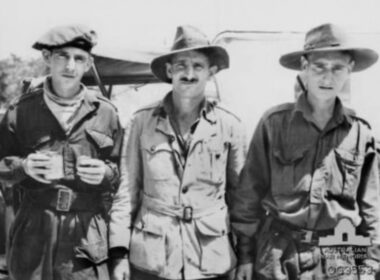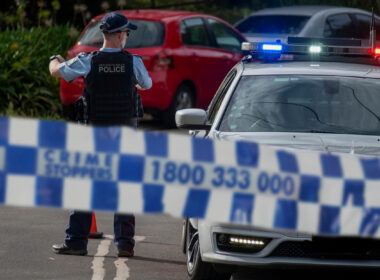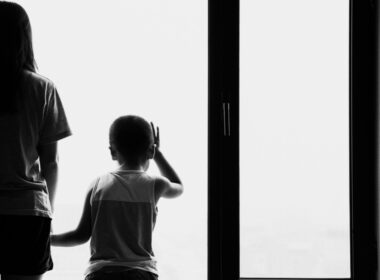Changes to bail laws in NSW will see children and young people who are unlikely to be found guilty of an offence, incarcerated, according to the President of the Law Society of NSW.
Brett McGrath said he had taken the unusual step of writing to all Members of the Legislative Council about the Bail and Crime Amendment Bill 2024.
The changes are part of an announcement by the NSW Government last week, aimed at dealing with high crime rates and youth re-offending, particularly in regional areas.
They include an additional, temporary bail test for those aged between 14 and 18 charged with serious break and enter or motor vehicle offences, while on bail for the same offences.
The legislation was passed in parliament on Thursday night.
In his letter to MLCs on Wednesday, McGrath said the Law Society was cognisant of the genuine concerns in some regional areas about youth offending and welcomed the government’s steps to strengthen social and well-being support services.
But he said the bail reforms are inconsistent with s 6 of the Children (Criminal Proceedings) Act 1987, Closing the Gap targets and the Convention on the Rights of the Child.
Tougher test than adults
McGrath warned the Bill is drafted too widely and a number of its concepts are “unprecedented”.
“The proposed test for bail is, arguably, more stringent than the ‘show cause’ test applying to adults,” he wrote.
McGrath said it would lead to “the incarceration of children and young people who would otherwise not have been incarcerated.”
“It is also likely to result in the incarceration of some children and young people who are unlikely to be found guilty of any offence,” he said.
The proposal contains a new test of a “high degree of confidence” that a child or young person would not commit a serious indictable offence.
Most will be refused bail
McGrath said the test was new to the criminal law and was likely to result in uneven applications across the state.
He said it was the view of the Law Society’s members that the test will result in “most, if not all, children and young people affected by new clause 22C being refused bail, including those who may not be found guilty of the alleged offences, and those who will not receive a custodial sentence even if found guilty.”
At the time of the announcement, NSW Premier Chris Minns said he had spoken to mayors, police area commanders and local communities, who felt more needed to be done to deal with crime.
“We know there is no easy solution but the reforms we are announcing today look at the big picture at a whole-of-community level, to really intervene and help prevent crime and give young people a chance at life,” he said.
But others have expressed concerns about the impact of the changes.
Growing opposition
560 lawyers, community workers and academics wrote an open letter to the Premier and government, expressing “grave concerns” about the proposed laws.
“The evidence tells us that such laws do not make communities safer and in fact exacerbate the social drivers of young people’s contact with the justice system,” they said.
The Labor Mayor of Sydney’s Inner West Council, Darcy Byrne, has also added his voice to the concerns, referring to his past role as a youth worker who case managed many Indigenous children.
“When you put a child in jail, they come out more likely to commit further crimes, more prone to violence, and less likely to finish school,” he said.
Brett McGrath reiterated the Law Society’s in-principle position that “any proposal to make accessing bail more difficult for children and young people is a retrograde step.”
Government defends legislation
Following passage of the legislation, Attorney General Michael Daley said the government was committed to addressing problems “meaningfully and comprehensively”.
“These bail laws have been purposefully designed to address repeated alleged offending by young people aged between 14 and 18 who have been charged with serious break and enter, motor vehicle theft, while on bail for another offence of that type,” he said.
The Attorney General said the government was aware of the concerns about the possible consequences for young people, particularly Aboriginal young people and the bail amendments will sunset after 12 months.
“This is why the change is time limited and relates to young people who are already alleged to have committed at least one offence while on bail for another relevant offence,” he said.
There is also a new offence of ‘performance crime’ in the Crimes Act 1900 (NSW), with an additional penalty of two years’ imprisonment for motor vehicle theft or break and enter offences, where people post footage of their actions online.
“This behaviour is unacceptable and has to stop. People have a right to sleep safe in their beds in the sanctity of their home and should not have to face being retraumatised, ridiculed and shamed with images of the crime being made into a warped kind of ‘entertainment’,” said Daley.




